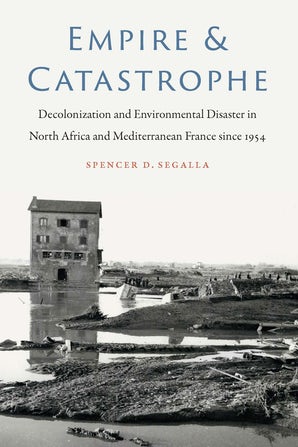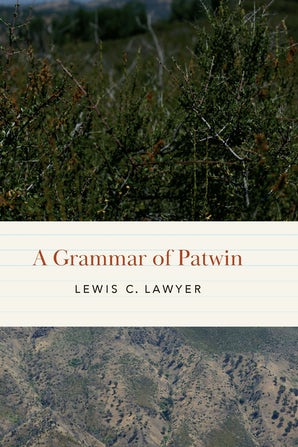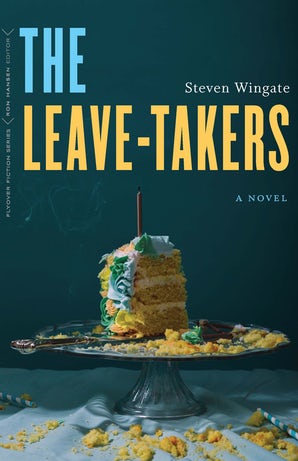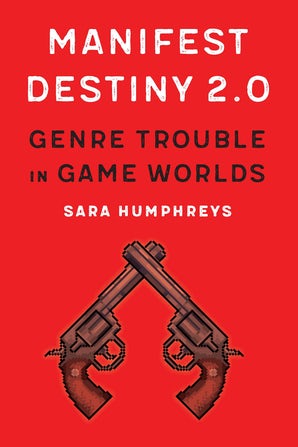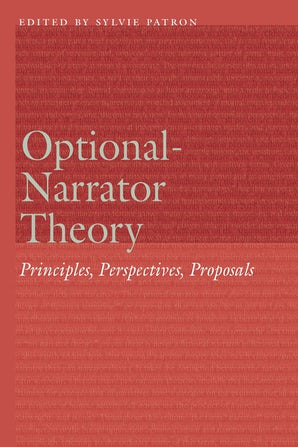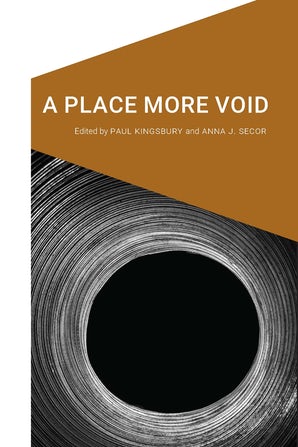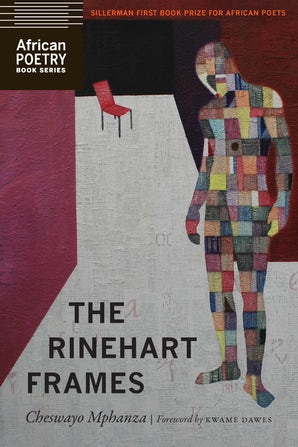The Nebraska Publications Clearinghouse receives documents every month from all Nebraska state agencies, including the University of Nebraska Press (UNP). Each month we will be showcasing the UNP books that the Clearinghouse receives. UNP books, as well as all Nebraska state documents, are available for checkout by libraries and librarians for their patrons.
Here are the UNP books the Clearinghouse received in March and April 2021:
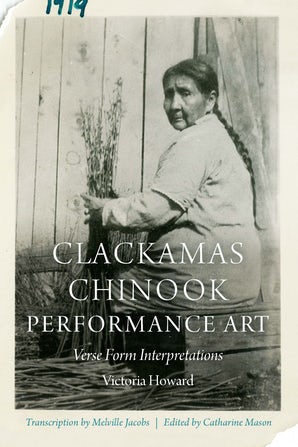
Clackamas Chinook Performance Art : Verse Form Interpretations by Victoria Howard ; (Series: Studies in the Anthropology of North American Indians)
Published through the Recovering Languages and Literacies of the Americas initiative, supported by the Andrew W. Mellon Foundation
Victoria Howard was born around 1865, a little more than ten years after the founding of the Confederated Tribes of Grand Ronde in western Oregon. Howardʼs maternal grandmother, Wagayuhlen Quiaquaty, was a successful and valued Clackamas shaman at Grand Ronde, and her maternal grandfather, Quiaquaty, was an elite Molalla chief. In the summer of 1929 the linguist Melville Jacobs, student of Franz Boas, requested to record Clackamas Chinook oral traditions with Howard, which she enthusiastically agreed to do. The result is an intricate and lively corpus of linguistic and ethnographic material, as well as rich performances of Clackamas literary heritage, as dictated by Howard and meticulously transcribed by Jacobs in his field notebooks. Ethnographical descriptions attest to the traditional lifestyle and environment in which Howard grew up, while fine details of cultural and historical events reveal the great consideration and devotion with which she recalled her past and that of her people.
Catharine Mason has edited twenty-five of Howard’s spoken-word performances into verse form entextualizations, along with the annotations provided by Jacobs in his publications of Howard’s corpus in the late 1950s. Mason pairs performances with biographical, family, and historical content that reflects Howardʼs ancestry, personal and social life, education, and worldview. Mason’s study reveals strong evidence of how the artist contemplated and internalized the complex meanings and everyday lessons of her literary heritage.
Empire and Catastrophe : Decolonization and Environmental Disaster in North Africa and Mediterranean France since 1954 by Spencer D. Segalla ; (Series: France Overseas: Studies in Empire and Decolonization)
Empire and Catastrophe examines natural and anthropogenic disasters during the years of decolonization in Algeria, Morocco, and France and explores how environmental catastrophes both shaped and were shaped by struggles over the dissolution of France’s empire in North Africa. Four disasters make up the core of the book: the 1954 earthquake in Algeria’s Chélif Valley, just weeks before the onset of the Algerian Revolution; a mass poisoning in Morocco in 1959 caused by toxic substances from an American military base; the 1959 Malpasset Dam collapse in Fréjus, France, which devastated the town’s Algerian immigrant community but which was blamed on Algerian sabotage; and the 1960 earthquake in Agadir, Morocco, which set off a public relations war between the United States, France, and the Soviet Union and which ignited a Moroccan national debate over modernity, identity, architecture, and urban planning.
Interrogating distinctions between agent and environment and between political and environmental violence through the lenses of state archives and through the remembered experiences and literary representations of disaster survivors, Spencer D. Segalla argues for the integration of environmental events into narratives of political and cultural decolonization.
A Grammar of Patwin by Lewis C. Lawyer ; (Series: Studies in the Native Languages of the Americas)
Published through the Recovering Languages and Literacies of the Americas initiative, supported by the Andrew W. Mellon Foundation.
A Native American language formerly spoken in hundreds of communities in the interior of California, Patwin (also known as Wintun Tʼewe) is now spoken by a small but growing number of language revitalizationists and their students. A Grammar of Patwin brings together two hundred years of word lists, notebooks, audio recordings, and manuscripts from archives across the United States and synthesizes this scattered collection into the first published description of the Patwin language. This book shines a light on the knowledge of past speakers and researchers with a clear and well-organized description supported by ample archival evidence.
Lewis C. Lawyer addresses the full range of grammatical structure with chapters on phonetics, phonology, nominals, nominal modifiers, spatial terms, verbs, and clauses. At every level of grammatical structure there is notable variation between dialects, and this variation is painstakingly described. An introductory chapter situates the language geographically and historically and also gives a detailed account of previous work on the language and of the archival materials on which the study is based. Throughout the process of writing this book, Lawyer remained in contact with Patwin communities and individuals, who helped to ensure that the content is appropriate from a cultural perspective.
The Leave-Takers : A Novel by Steven Wingate ; (Series: Flyover Fiction)
Four years ago Jacob Nassedrine from Boston and Laynie Jackman from Los Angeles came within an inch of getting married before things blew apart. They never expected that fate would hurl them back together in a windblown, isolated house on the plains of South Dakota, but that’s where they end up fighting for the future of their relationship—and for their own emotional survival—amid a minefield of ghosts.
After suffering the loss of both their families, they must unite to face the great crises of their lives: grief and guilt over their dead loved ones, low-level but persistent addictions to prescription drugs, the specter of familial violence, and recurrent miscarriages. Together they battle their way through the wilderness of their demons to forge sustainable identities that allow them to create a family.
The Leave-Takers is a journey through personal darkness to mutually shared light, set against a starkly beautiful backdrop that leaves nowhere to hide.
Letter from a Place I’ve Never Been : New and Collected Poems, 1986-2020 by Hilda Raz
Hilda Raz has an ability “to tell something every day and make it tough,” says John Kinsella in his introduction. Letter from a Place I’ve Never Been shows readers the evolution of a powerful poet who is also one of the foremost literary editors in the country. Bringing together all seven of her poetry collections, a long out-of-print early chapbook, and her newest work, this collection delights readers with its empathetic and incisive look at the inner and outer lives we lead and the complexities that come with being human.
Showcasing the work of a great American voice, Letter from a Place I’ve Never Been at last allows us to see the full scope and range of Raz’s work.
Manifest Destiny 2.0 : Genre Trouble in Game Worlds by Sara Humphreys ; (Series: Postwestern Horizons)
At a time when print and film have shown the classic Western and noir genres to be racist, heteronormative, and neocolonial, Sara Humphreys’s Manifest Destiny 2.0 asks why these genres endure so prolifically in the video game market. While video games provide a radically new and exciting medium for storytelling, most game narratives do not offer fresh ways of understanding the world.
Video games with complex storylines are based on enduring American literary genres that disseminate problematic ideologies, quelling cultural anxieties over economic, racial, and gender inequality through the institutional acceptance and performance of Anglo cultural, racial, and economic superiority. Although game critics and scholars recognize how genres structure games and gameplay, the concept of genre continues to be viewed as a largely invisible power, subordinate to the computational processes of programming, graphics, and the making of a multimillion-dollar best seller.
Investigating the social and cultural implications of the Western and noir genres in video games through two case studies—the best-selling games Red Dead Redemption (2010) and L.A. Noire (2011)—Humphreys demonstrates how the frontier myth continues to circulate exceptionalist versions of the United States. Video games spread the neoliberal and neocolonial ideologies of the genres even as they create a new form of performative literacy that intensifies the genres well beyond their originating historical contexts. Manifest Destiny 2.0 joins the growing body of scholarship dedicated to the historical, theoretical, critical, and cultural analysis of video games.
Optional-Narrator Theory : Principles, Perspectives, Proposals Edited by Sylvie Patron ; (Series: Frontiers of Narrative)
Twentieth-century narratology fostered the assumption, which distinguishes narratology from previous narrative theories, that all narratives have a narrator. Since the first formulations of this assumption, however, voices have come forward to denounce oversimplifications and dangerous confusions of issues. Optional-Narrator Theory is the first collection of essays to focus exclusively on the narrator from the perspective of optional-narrator theories.
Sylvie Patron is a prominent advocate of optional-narrator theories, and her collection boasts essays by many prominent scholars—including Jonathan Culler and John Brenkman—and covers a breadth of genres, from biblical narrative to poetry to comics. This volume bolsters the dialogue among optional-narrator and pan-narrator theorists across multiple fields of research. These essays make a strong intervention in narratology, pushing back against the widespread belief among narrative theorists in general and theorists of the novel in particular that the presence of a fictional narrator is a defining feature of fictional narratives. This topic is an important one for narrative theory and thus also for literary practice.
Optional-Narrator Theory advances a range of arguments for dispensing with the narrator, except when it can be said that the author actually “created” a fictional narrator.
A Place More Void Edited by Paul Kingsbury and Anna J. Secor ; (Series: Cultural Geographies + Rewriting the Earth)
A Place More Void takes its name from a scene in William Shakespeare’s The Tragedy of Julius Caesar, wherein an elderly soothsayer has a final chance to warn Caesar about the Ides of March. Worried that he won’t be able to deliver his message because of the crowded alleyways, the soothsayer devises a plan to find and intercept Caesar in “a place more void.” It is precisely such an elusive place that this volume makes space for by theorizing and empirically exploring the many yet widely neglected ways in which the void permeates geographical thinking.
This collection presents geography’s most in-depth and sustained engagements with the void to date, demonstrating the extent to which related themes such as gaps, cracks, lacks, and emptiness perforate geography’s fundamental concepts, practices, and passions. Arranged in four parts around the themes of Holes, Absences, Edges, and Voids, the contributions demonstrate the fecundity of the void for thinking across a wide range of phenomena: from archives to alien abductions, caves to cryptids, and vortexes to vanishing points.
A Place More Void gathers established and emerging scholars who engage a wide range of geographical issues and who express themselves not only through archival, literary, and socio-scientific investigations, but also through social and spatial theory, political manifesto, poetry, and performance art.
The Rinehart Frames by Cheswayo Mphanza ; (Series: African Poetry Book)
The poems in The Rinehart Frames seek to exhaust the labyrinths of ekphrasis. By juxtaposing the character of Rinehart from Ralph Ellison’s Invisible Man with the film 24 Frames by Abbas Kiarostami, the poems leap into secondary histories, spaces, and languages that encompass a collective yet varied consciousness of being.
Cheswayo Mphanza’s collection questions the boundaries of diaspora and narrative through a tethering of voices and forms that infringe on monolithic categorizations of Blackness and what can be intersected with it. The poems continue the conversations of the infinite possibilities of the imagination to dabble in, with, and out of history.
Your Crib, My Qibla by Saddiq Dzukogi ; (Series: African Poetry Book)
Your Crib, My Qibla interrogates loss, the death of a child, and a father’s pursuit of language able to articulate grief. In these poems, the language of memory functions as a space of mourning, connecting the dead with the world of the living. Culminating in an imagined dialogue between the father and his deceased daughter in the intricate space of the family, Your Crib, My Qibla explores grief, the fleeting nature of healing, and the constant obsession of memory as a language to reach the dead.
**All synopses courtesy of University of Nebraska Press (https://www.nebraskapress.unl.edu/)

